

Table of contents:
Japan is not living in the future. Japan has long been recognized for its technological innovations and its unique blend of tradition and modernism. And although Japanese technology is often seen as enhancing convenience, Japanese society often turns away from large-scale innovative changes in tech.
I'm sorry to be the one to break it to you, but despite the cyberpunk images made famous by Japanese animation (anime), many people argue whether Japan is truly living in the future or stuck in the past. This article aims to delve into this complex issue, examining various facets of Japanese society, economy, and culture.
1. Why Do People Think Japan is Living in the Future?
Japan's Bubble Economy (1986 - 1991)
In the 1980s, Japan was predicted to take over the world with its economic success. For those too young to remember, watch the 1982 science-fiction classic, Blade Runner, and see what I mean. By the mid-80s, the influence of rapid economic growth began to drive up asset prices and incomes began to balloon along side personal credit debt. This period of economic prosperity and growth was later dubbed, the Bubble Economy (バブル景気, baburu keiki).
This was a period of unprecedented technological innovation. This was a time when we saw companies like Sony releasing the 'Walkman' (the first portable tape player); Nintendo revived and revolutionized the modern video game industry, and Panasonic develop cutting edge TVs. To quote the 1990 movie, Back To The Future III:
Young Doc:
"No wonder this circuit failed. It says "Made in Japan."
Marty McFly:
"What do you mean, Doc? All the best stuff is made in Japan."
In 1990, Japan was rushing towards the future and showing the way for the rest of us. But the early '90s, that all came to an end. And from there on out, Japan decided it was going to play it safe. Japan saw risk aversion as a better option, which inevitably stifled technological progress.
2. Japan Has a Preference for Convenient Gadgets
Japan is deceptively high-tech. Throughout the 1990s and 2000s, much of Japan's technological progress centered around maximizing convenience for the Japanese people. Truth be told, this is what all technological development should be about! This ranged from the development of the Mini Disc (MD) player (only successful in Japan), to Japanese mobile phones (known as garakei and only available in Japan), and robotic development (aimed to tackle worker shortages in Japanese hospitals and aged care facilities, which has been triggered by an hyper-aging population).
3. Japanese Mobile Phones Left Japan Lagging Behind
In the early 2000s, Japanese mobile phones were praised for their advanced features. Most of all, was their early adaption of internet connectivity and use of unique email addresses, which had not yet been adapted by Western mobile phone companies.
Mobile phones were seen as so useful that from 2000 to 2019, mobile phones were the main source of internet access for Japanese people. This led to a trend throughout the 2010s that saw a lag in PC use, and put Japan far behind the OECD average for information communication technology (ICT) use in education.
In addition, rejection of PC-based internet use has resulted in a skill-shortage for Japan's tech sector. It wasn't until the events of 2020, the COVID-19 pandemic, that created an urgency for Japan to update its internet habits.
4. Japan's Fear of the Internet
Japan's neglect of the internet-based tech outside of mobile phones, it has resulted in Japan holding on to older technology longer than it should. As mentioned earlier, Japan loves convenient gadgets. But for an aging society, the internet is arguably more intimidating. One example of this is Japan's resistance to moving away from using the fax machine. It's not that Japanese people particularly love using fax machines, its more about Japan's fear of cyber attacks related to email use that slows the transition of communication based tech.
However, it can be argued that slow adoption of complex technology might be cultural based. There are a few cultural aspects key to Japanese society that help to explain social resistance to change.
5. Cultural Preservation Can Stifle Progress
Japan has a rich cultural heritage and a strong emphasis on preserving traditional values, customs, and practices. This emphasis on tradition can sometimes be seen as resistant to change, especially in the face of rapid globalization.
5.1. Group Harmony
Japanese culture places a high value on group harmony, often referred to as 和 (wa). This focus on consensus and maintaining social order can lead to a cautious approach to change, as individuals and institutions may be hesitant to disrupt the status quo. Resistance to change and the preservation of group harmony can often be seen within Japanese office culture and workplaces.
5.2. Risk Aversion
Japanese society, including its business culture, tends to be risk-averse. This can lead to a preference for tried-and-true methods over innovative approaches, which might be perceived as risky.
5.3. Aging Population
Japan has one of the world's most rapidly aging populations, which can pose challenges to economic and social progress. An older population may resist change due to a more conservative outlook and attachment to traditional values.
6. Economically Advanced Old-Fashioned Workplaces
Japan's economy, the third-largest in the world, has been stagnant since the early 1990s. Despite having advanced technology, a high standard of living, and some of the world's best infrastructure, Japan's economy appears to be stuck in a rut. The once feared Japanese economic juggernaut is now a fraction of what it used to be.
In the 1980s, Japan's citizens were wealthier than Americans, but today they earn less than the Britons. The sluggish economy, coupled with a resistance to change and an unwavering attachment to the past, has left Japan in a precarious situation.
7. The Paradox of the Housing Market
In Japan, houses depreciate like cars. The moment you move into a new home, its value decreases, and after you've paid off your mortgage in 40 years, it's worth next to nothing. This unique characteristic of Japan's housing market is indicative of the paradoxical nature of Japan's progress.
8. The Struggle of Youth
Japan's youth are increasingly being burdened with part-time jobs, limited contract positions, and low wages. Many have criticized these reasons for a decrease in birth rates and an increase in emigration. Young Japanese individuals are leaving their homeland for countries with better job prospects and higher wages. Even foreign workers from developing countries like Vietnam and Cambodia are opting for their home countries over Japan due to poor working conditions and low wages.
9. The Resistance to Immigration
Despite its aging and shrinking population, people continue to resist large-scale immigration to Japan. Only about 3% of Japan's population is foreign-born, compared to 15% in the UK. The reluctance to welcome immigrants in Japan reveals the country's deep-seated fear and skepticism about engaging with the world beyond its borders. This resistance to immigration among certain sections of society may hinder innovation by limiting the flow of new ideas into the country.
10. The Role of Government and Politics in Japanese Progress
The Japanese government and politics play a significant role in shaping the country's future. The Liberal Democratic Party (LDP) has been in power almost continuously since 1955, and this one-party rule has contributed to the country's resistance to change.
11. The Way Forward
Despite the challenges, Japan still has potential for a bright future. Its advanced technology, hard-working population, and strong education system are all assets that can help propel the country forward. However, for Japan to truly move into the future, it needs to embrace change, be it in the form of increased immigration, improved work culture, or more inclusive politics.
12. Conclusion
Japan's future is a topic of much debate and speculation. While it has made remarkable strides in technology and infrastructure, it faces significant challenges in terms of its economy, aging population, work culture, and resistance to change. However, with the right strategies and policies in place, Japan has the potential to overcome these challenges and create a vibrant and prosperous future.
Popular Articles


Tokyo Favorites: 20 Must-Do Experiences for Travelers
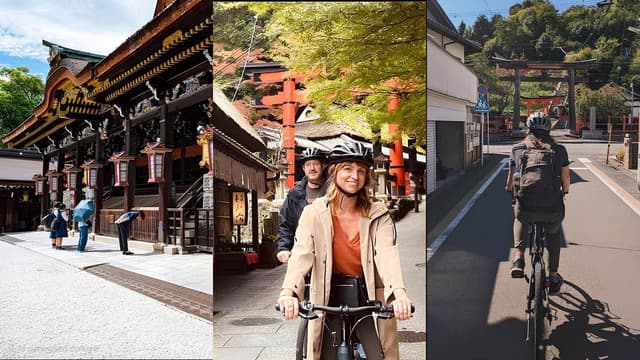
Kyoto Bike Tours: Discover the City’s Hidden Gems with Noru

Kyoto 3-Day Itinerary: Best Things to Do for First-Time Visitors

Universal Studios Japan Tickets: Your Guide to Visiting USJ
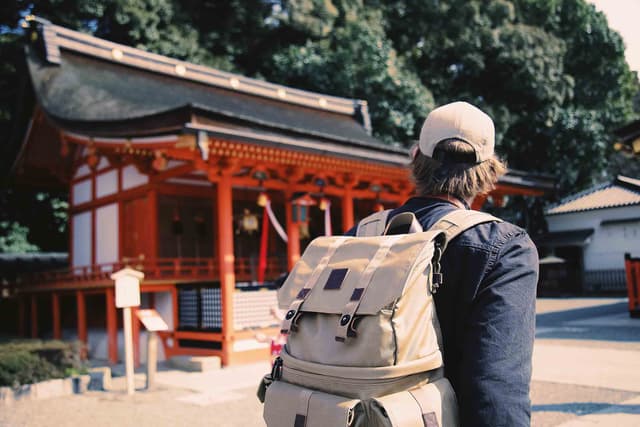
Find Out What Japan Really Thinks of Foreign Tourists

Manga Explained: Top Recommendations for Beginners
FAQs
No FAQs available for this post.
Loading Comments...

James Saunders-Wyndham
I've been immersed in Japanese culture and daily life for over 30 years and am proud to call Japan my home. Originally from Australia, my journey has taken me from teaching at Japanese universities to traveling extensively across the country, uncovering its hidden gems. As a web developer, I built Romancing Japan from the ground up to share these experiences with you. Whether it's the charm of old Kyoto, the pulse of Tokyo, or the tranquility of the countryside, I love helping others discover the magic of Japan—one story at a time.
Popular Articles

Tokyo Favorites: 20 Must-Do Experiences for Travelers
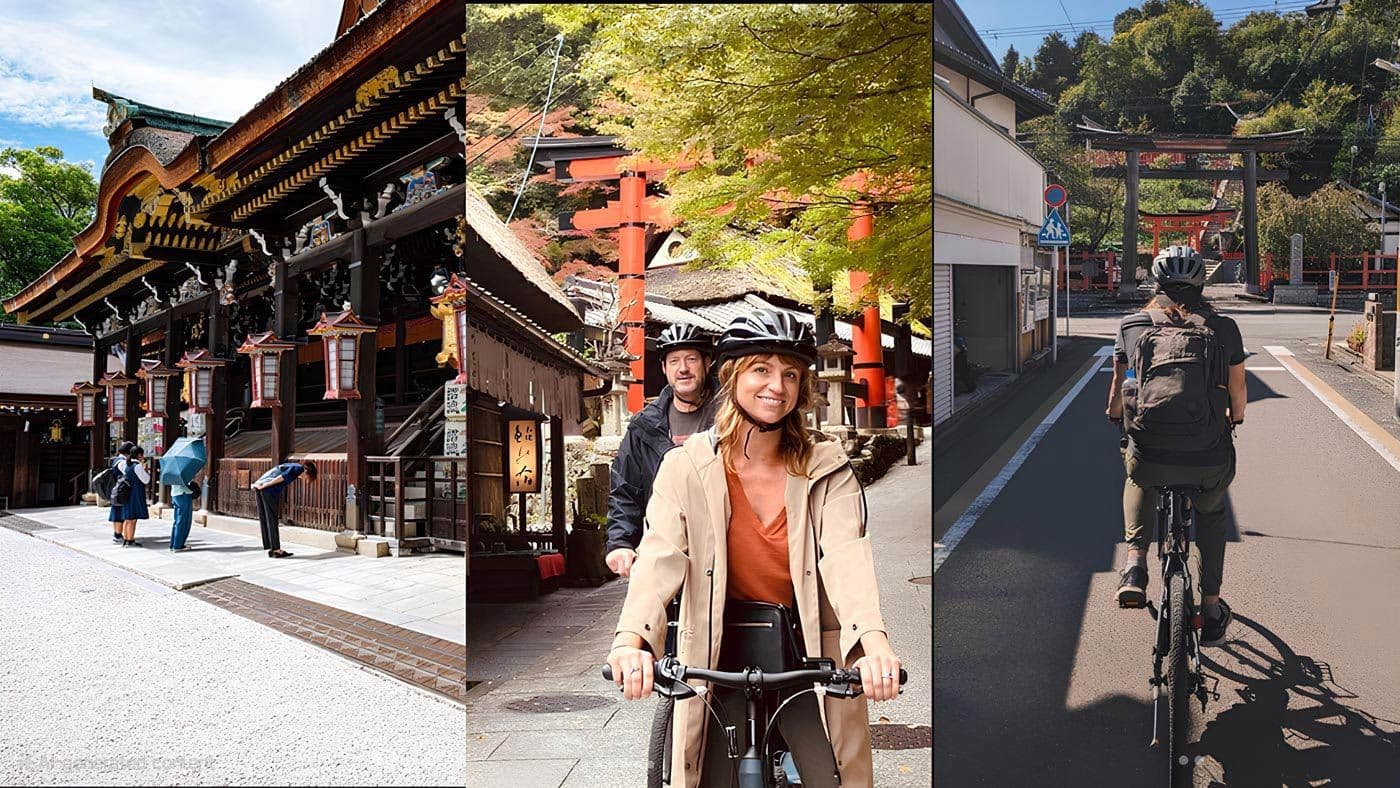
Kyoto Bike Tours: Discover the City’s Hidden Gems with Noru
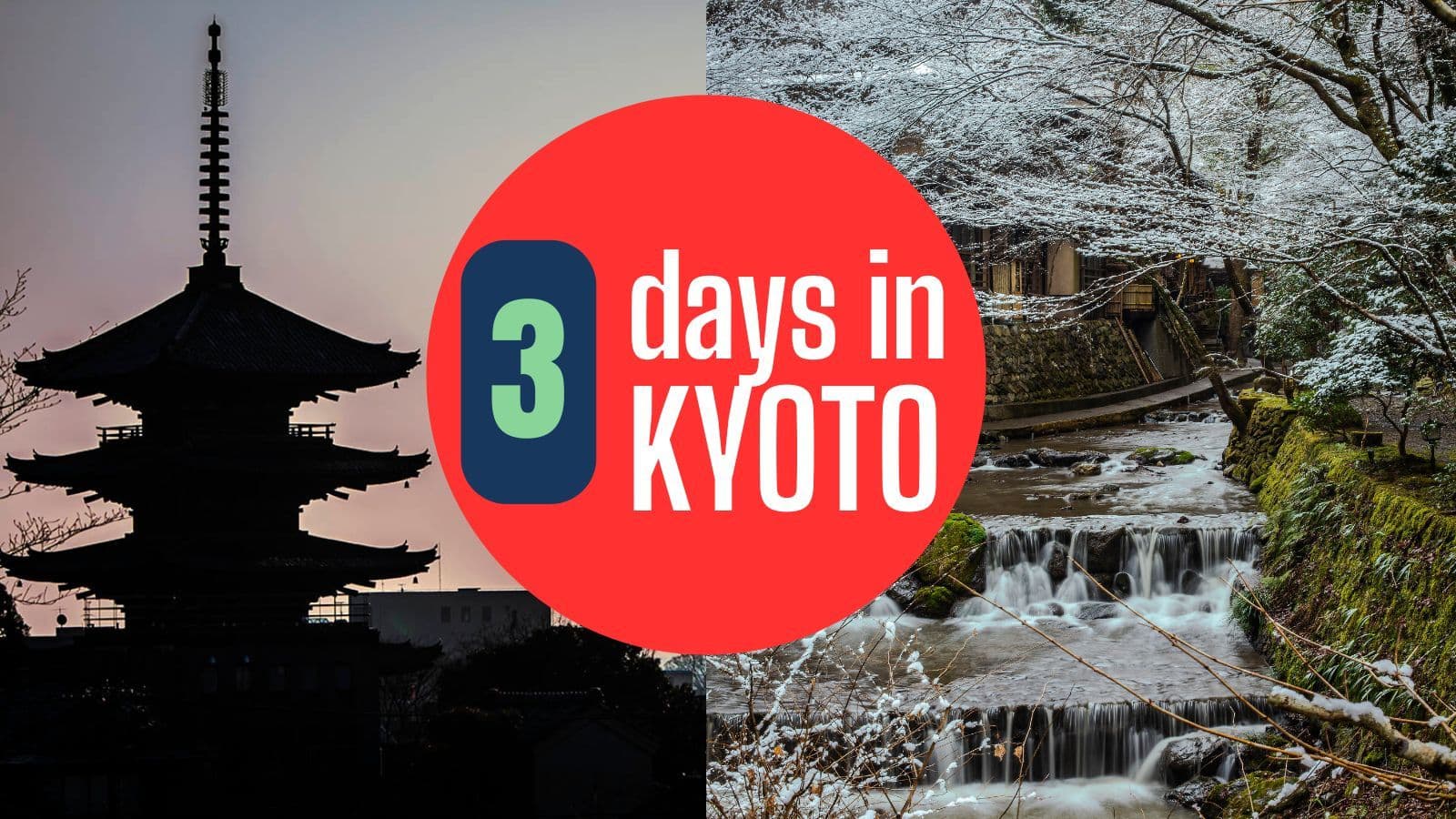
Kyoto 3-Day Itinerary: Best Things to Do for First-Time Visitors

Universal Studios Japan Tickets: Your Guide to Visiting USJ
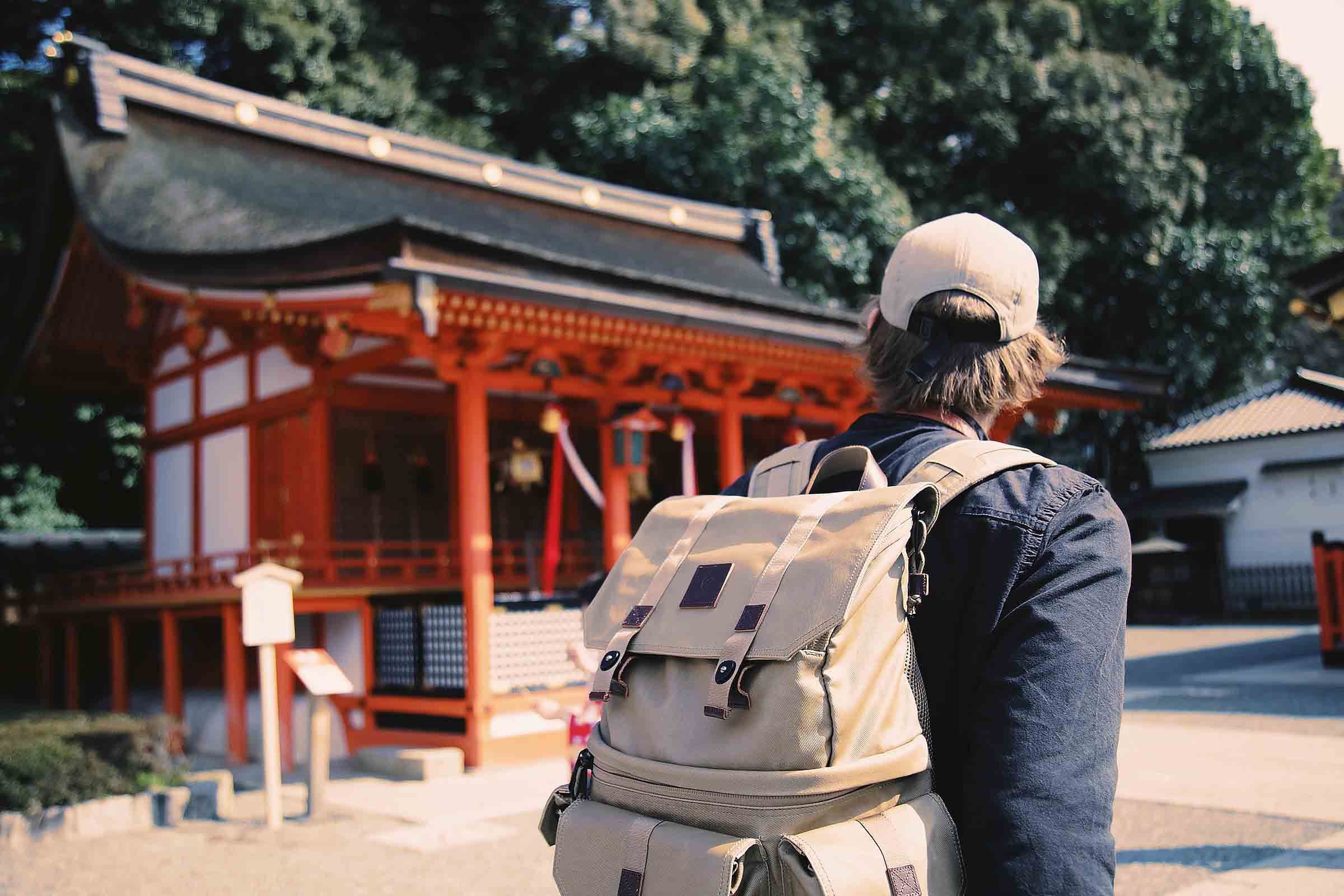
Find Out What Japan Really Thinks of Foreign Tourists
